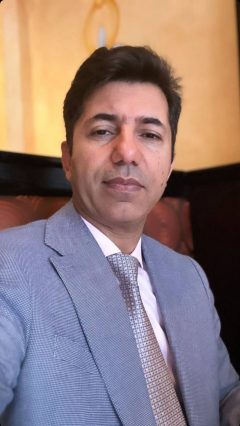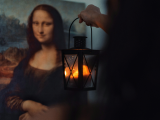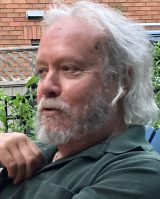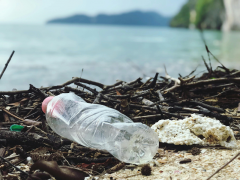 |
Introduction to Environmental Chemistry through PFAS with Sierra Peskett Time: 9:30am – 11:30am |
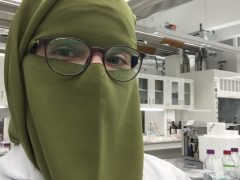 |
| Overview: This lecture will introduce some key topics of environmental toxicology, such as bioaccumulation, biomagnification, partitioning and distribution. This will be done using (Per- and polyfluoroalkyl substances) PFAS as an example. PFAS is a class of over 10,000 man-made chemicals and are currently a hot topic as the Canadian Government considers designating the class as toxic under the Canadian Environmental Protection Act.
Lecture Biography: Sierra Peskett is a PhD Candidate in Chemical and Environmental Toxicology in the Department of Chemistry. Her current research investigates human exposure to PFAS and interactions between PFAS and the gut microbiome. Sierra has previously presented her research work at several conferences and has won awards for her presentations. She is passionate about her work and enjoys opportunities to share her knowledge with others. |
||
 |
with Kate Heartfield Time: 1:30pm – 3:30pm |
 |
| Overview: Whether you’re writing fiction, non-fiction, poetry, or memoir, most writers struggle at some point to carve out the time, space and energy to write. Sometimes, the blank page can be more intimidating than liberating. This lecture from an experienced novelist and journalist will explore concepts and techniques to help writers get acquainted, or reacquainted, with what works best for them. Suitable for writers of all levels of experience.
Lecture Biography: Kate Heartfield is the author of several fantasy novels, including the Sunday Times and Globe and Mail bestseller The Embroidered Book. She has also written short stories, novellas and games. Her fiction has been shortlisted for the World Fantasy, Nebula, Locus, Aurora, Sunburst and Crawford awards, as well as the Ottawa Book Award, and her journalism for a National Newspaper Award. She was a newspaper journalist until 2015, and she now teaches journalism and creative writing. Kate grew up in Manitoba and now lives in Ottawa. |
||

